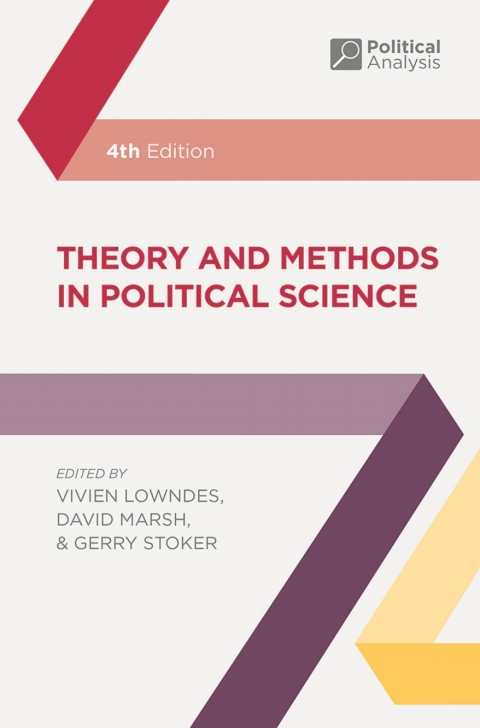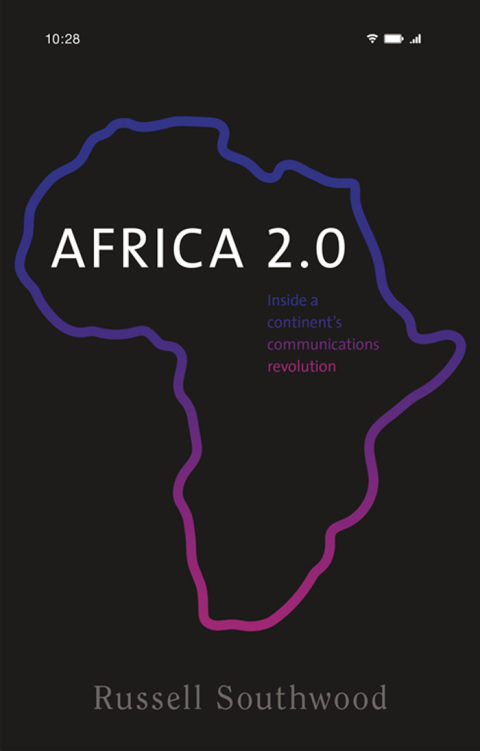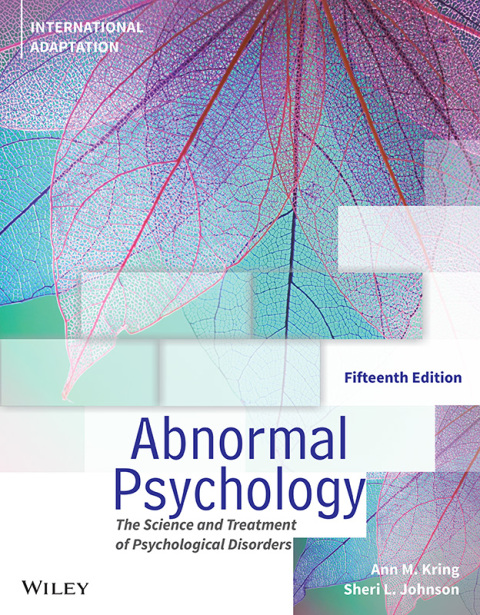Description
Efnisyfirlit
- Contents
- Lists of Figures, Tables and Boxes
- Preface to the Fourth Edition
- Notes on Contributors
- The editors
- The contributors
- 1 Introduction
- What is politics? What is it that political scientists study?
- What is a scientific approach to politics?
- The discipline of political science: a celebration of diversity?
- Part 1 Theory and Approaches
- Introduction to Part 1
- 2 Behavioural Analysis
- The rise of the behavioural movement and its core characteristics
- Criticisms of the behavioural approach
- The strengths of the behavioural approach: an example
- Conclusion: the behavioural legacy in the twenty-first century
- Further reading
- 3 Rational Choice
- Introduction
- The methods of economics (and rational choice)
- The logic of collective action
- Collective action and the environment
- What’s wrong with rational choice theory?
- From imperialism to peaceful co-existence
- Conclusion
- Further reading
- 4 Institutionalism
- The ‘traditional’ institutional approach
- The emergence of the ‘new institutionalism’
- The ‘three new institutionalisms’
- Core features of new institutionalism
- New institutionalist dilemmas
- Conclusion
- Further reading
- 5 Constructivism and Interpretive Theory
- Origins of constructivism
- What is and isn’t distinctive about constructivism?
- Variations within constructivism
- Conclusion
- Further reading
- 6 Feminist and Gendered Approaches
- What is feminism?
- Political science: gendered foundations
- Women in political science
- Gender and political science
- Dilemmas and challenges
- Conclusion
- Further reading
- 7 Marxism: A Global Perspective
- Marxism and capitalism: structuralist economism or agency-led contingency?
- Marxism and globalisation: economistic unilinearity or contingent uneven development?
- Debating globalisation in the twenty-first century
- Conclusion
- Further reading
- 8 Poststructuralism
- French structuralism
- From structuralism to poststructuralism
- Poststructuralism in politics and international relations
- The ontological and epistemological assumptions of poststructuralism
- Criticism and evaluation
- Conclusion
- Further reading
- 9 Political Psychology
- An interdisciplinary enterprise
- Political conflict and contention
- Political leadership and followership
- Political beliefs and voter attitudes
- Understanding political decision-making
- Methods and prospects of the field
- Further reading
- 10 Normative Political Theory
- Introduction
- Methods in normative political theory
- Normative theory and global justice
- Political ideals and feasibility
- Further reading
- Part 2 Methods and Research Design
- Introduction to Part 2
- 11 A Skin Not a Sweater�: Ontology and Epistemology in Political Science
- Ontology and epistemology introduced
- Distinguishing ontological and epistemological positions
- Interrogating different approaches to ontology and epistemology
- Ontology and epistemology in empirical research
- Conclusion
- Further reading
- 12 Meta-Theoretical Issues
- Conceptualising structure, agency and the ideational realm
- Dialectical approaches to the relationships between structure and agency and the material and the id
- The material and the ideational: thin and thick constructivism
- Stability and change
- Conclusion
- Further reading
- 13 Research Design
- What is research design?
- The research process
- The elements of research design
- Types of research methodologies
- Case and variable selection for different types of research
- Conclusion: the power and promise of research design
- Further reading
- 14 Qualitative Methods
- Debates on qualitative methods: the rediscovery of qualitative analysis
- What is distinctive about qualitative methods and analysis?
- Qualitative research techniques
- Conclusion: the use and future use of qualitative methods in political science
- Further reading
- 15 Quantitative Methods
- The collection and management of data
- The power of description
- Tables and inferential statistics
- Multivariate analysis
- Testing and reporting models
- Recent developments
- Conclusion
- Further reading
- 16 The Comparative Method
- Introduction
- Comparative politics and comparative method – politics beyond the armchair?
- Comparative method and the scientific method – why small-N research strategies?
- Mill’s methods of experimental inquiry and their influence on comparative political science
- The changing nature of comparative research strategies – qualitative comparative analysis
- Case studies, within-case comparison and process-tracing
- Conclusion: evolving comparison in response to challenges
- Further reading
- 17 The Experimental Method
- What is the experimental method?
- The rise of experimentation
- Learning from laboratory experiments
- Learning from field experiments
- Learning from internet-based experiments
- Learning from natural experiments
- Pitfalls in the experimental method
- Conclusion
- Further reading
- Acknowledgements
- 18 Big Data: Methods for Collection and Analysis
- Introduction
- Defining big data
- Big data and data collection
- Data formats
- Application programming interfaces (APIs)
- Big data and data analysis
- Limitations to big data
- Conclusion: big data and the future of social science
- Further reading
- 19 The Relevance of Political Science
- Position 1: political science should do good science and if the science is good it will be relevant
- Position 2: political science should be better at communicating its results; if it were it would be
- Position 3: political science should be prepared to have its agenda set by problem-solving or puzzle
- Position 4: political science should be prepared to develop a capacity not just for analysing proble
- Position 5: political science needs to develop a more engaged co-production approach to research, wo
- Position 6: political science needs to embrace a wider role in creating a civic culture essential to
- Where next for relevance?
- Bibliography
- DATASET WEBSITE REFERENCES
- Index







Reviews
There are no reviews yet.